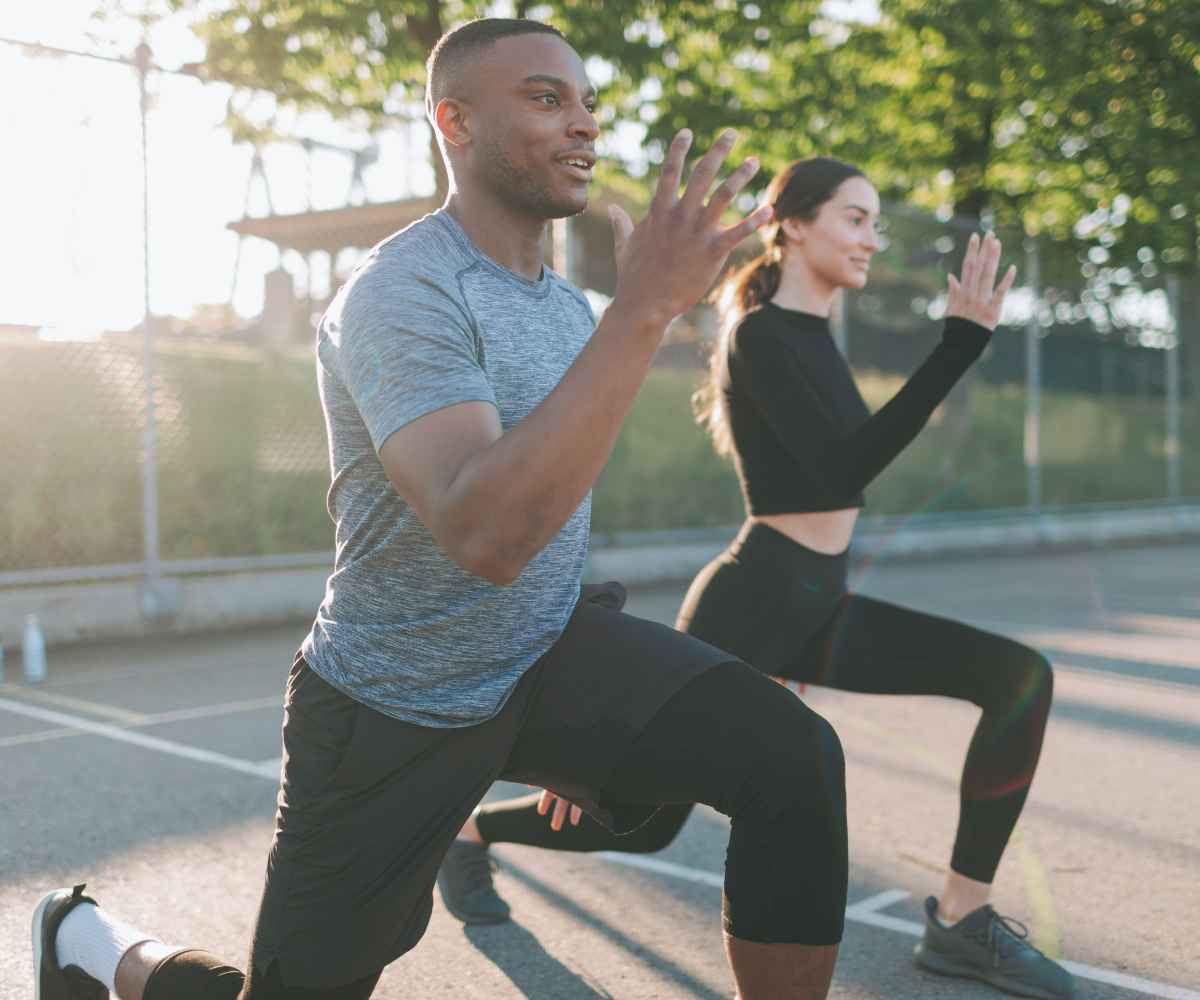Can Men Get Varicose Veins?
Should I Be Worried?
Why Women Get Them
A lot of people think that only women get varicose veins, and they certainly have more reasons to get them:
- Pregnancy increases the pressure in the abdomen, which pushes back against the blood coming up from your legs.
- Menopause, menstruation, and just being a woman cause hormonal changes, which increase the chances of developing varicosities.
While women get them more often, we also associate varicosities with women because of the aesthetic problems they cause. Women have more pressure to care about their looks, so they might talk about and deal with their veins more than men do. Men might even be less likely to notice them, especially with body hair, but everyone needs to keep track of changes in their body!
Why Everyone Can Get Them
You’re more likely to get varicose veins if your parents have them, and the chances increase as you get older, so men definitely aren’t immune to the problem. In fact:
- Obesity puts extra pressure on our veins, and
- Men also produce progesterone, one of the hormones that causes women’s veins to weaken.
However, the main cause of varicosities is a sedentary lifestyle. Sitting or standing for too long is the most common reason because the leg’s veins need muscular activity to stay healthy. Unfortunately, exercise done wrong can be too strenuous, and cause varicose veins for a different reason. Since everyone needs exercise, everyone is at risk.
55% of women develop varicose veins, but 45% of men do as well, so the gap isn’t that big. In fact, men often have it worse because they tend to engage in more intense physical activity. That could be heavy weightlifting, running, or even working in construction. Outdoor activities in the sun can also give you spider veins. If you try to push yourself too hard, you’re likely to get even worse varicosities than if you were inactive.
And by “worse”, we mean more than just ugly veins. Swelling, itching, ulcers, infection, and even dangerous blood clots can all be consequences of varicose veins left unresolved. Don’t tell yourself you’ll be fine, or you might regret it later!
Men also tend to drink more alcohol and are twice as likely to binge drink, which can increase the chances of developing some types of varicose veins.
One last thing men should know about varicose veins: you may know that hemorrhoids are a varicosity in the anus, but you can get them anywhere. A varicosity in the scrotum is called a “varicocele”. Thankfully it’s not serious and only decreases sperm count.
There are many ways to prevent and deal with varicose veins. You can get a consultation with Dr. Imami to figure out what the best solution for you is.

